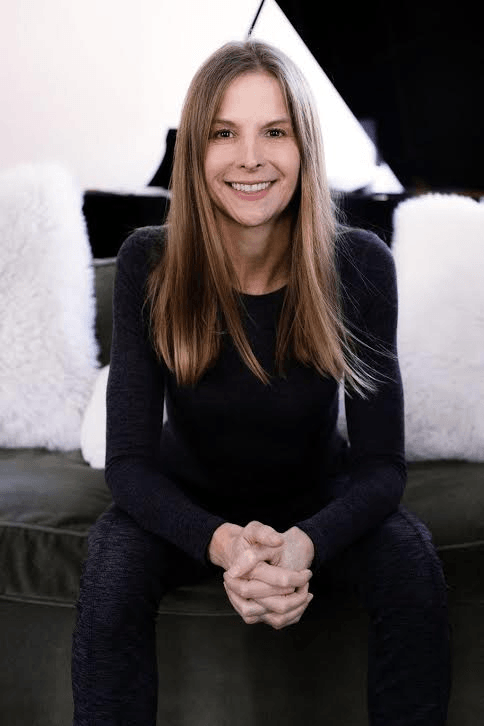We caught up with the brilliant and insightful Susan Perlut a few weeks ago and have shared our conversation below.
Hi Susan, thanks for joining us today. When you’ve been a professional in an industry for long enough, you’ll experience moments when the entire field takes a U-Turn, an instance where the consensus completely flips upside down or where the “best practices” completely change. If you’ve experienced such a U-Turn over the course of your professional career, we’d love to hear about it.
Healthcare is always changing. When I became a physical therapist the market was ripe and rehab was the place to make money. It seems that every decade there is another area of healthcare that is the target of hospitals or clinics to get the biggest return for the dollar, money filters into that sector until insurance companies or government in the form of Medicaid and Medicare insert rules or codes to mange the costs. Unfortunately, this does not help the underlying basic function of healthcare – to directly assist patients in need. There’s the game of healthcare to make a dollar and there’s the need of healthcare to help people live their best quality of life. I began to have trouble with this disparity.
Yes, I appreciate and like making a living. But I am a clinician first. My job is to help others to improve their quality of life. Thus, I have a dilemma: How to do what I love, spend more time as a clinician, less time jumping through payment recoupment and healthcare rules, and have a fair wage? This is the problem with healthcare as it gets pinched at two ends. One of the clinician giving quality care and management making the dollar. A U-Turn in this model is moving us toward a system of concierge physicians and healthcare — 100 percent private pay and eventually a more significant two-tiered system.
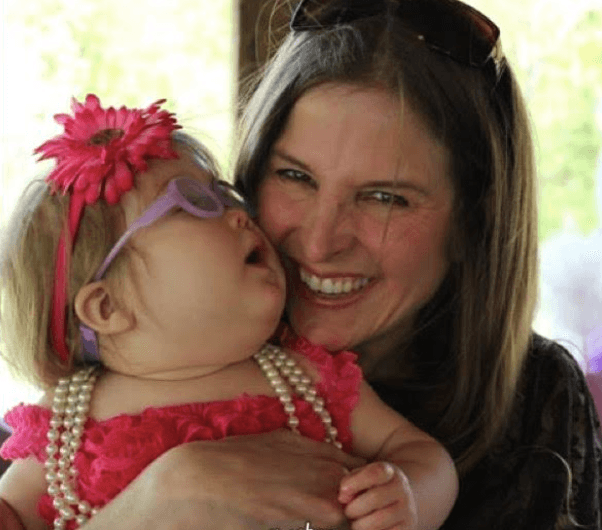
As always, we appreciate you sharing your insights and we’ve got a few more questions for you, but before we get to all of that can you take a minute to introduce yourself and give our readers some of your back background and context?
My company is Therapy Science and have two parts to my practice. The first is in early intervention where I work with families, in their homes, who have children ages 0-3 and a disability. I assist these families and children in navigating development including learning how to engage and advocate for their child. The second part of my practice is working with adults in orthopedic manual therapy.
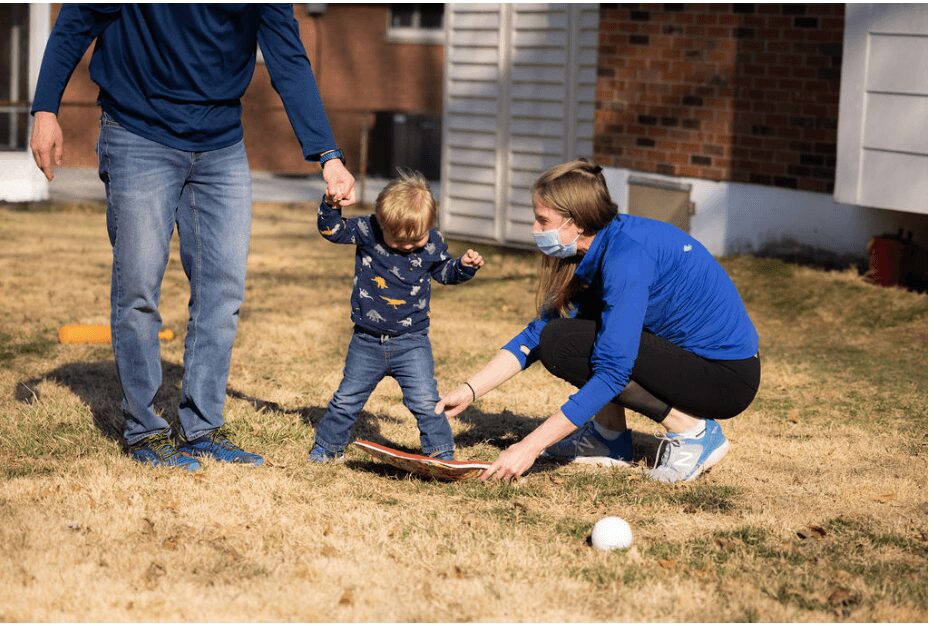
How about pivoting – can you share the story of a time you’ve had to pivot?
I started my career as an orthopedic manual therapist. I worked with many different patients who were athletes, weekend warriors, cancer survivors, workman’s compensation and on and on. I began to be a specialist in spine injuries. I loved to be able to impact my patients through knowledge, hands-on manipulations and exercise. After about 12 years into my profession as a clinician, and multi-clinic manager, I had my shift into early intervention. This came when I became a mother — having twins and losing one. My son lived, my daughter did not. As you can imagine a painful and changing life event. I was then introduced to the neuroscience of early intervention, treating 0-3 year olds, and was hooked. This moved me toward my practice with families and their children.
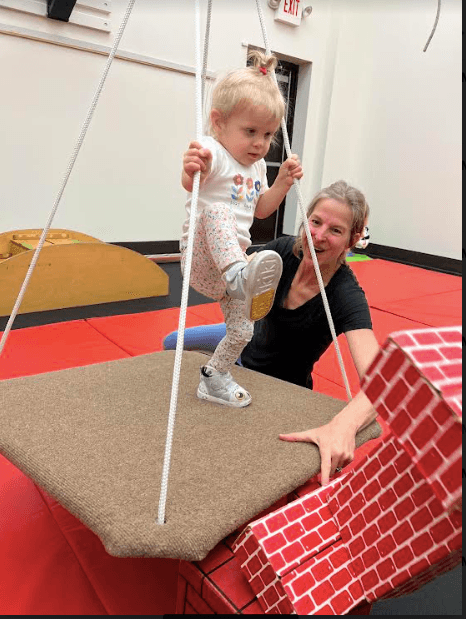
Putting training and knowledge aside, what else do you think really matters in terms of succeeding in your field?
The 2-minute pitch has been essential to me and something healthcare providers are very rarely taught. To have success in impacting someones habits or life, they need to believe you can help them. A person is going to decide if they believe you in the first 2 minutes we meet. Yep, ironically, it all goes back to sales. I am selling my service and, to a degree, a treatment ideology. This is not necessarily about the educational degrees on the wall — but my presence, eye contact and ability to listen to concerns without looking down at a chart.
Contact Info:
- Website: https://therapyscience.net
- Other: [email protected]
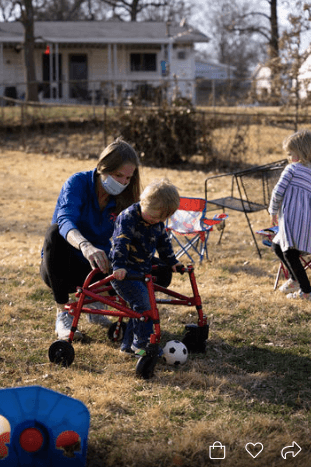
Image Credits
Photos by Dana Andolfatto


